Positive Stress
Not all stress is bad. With adult support, experiences like meeting new people or starting the first day of school are healthy because they help prepare young brains and bodies for future challenges.
You are currently using a browser that is no longer supported, and may contain security vulnerabilities. To get the best experience with www.albertafamilywellness.org, we suggest using a newer version of Internet Explorer/Edge or using another supported browser such as Google Chrome.
The Foundations of Lifelong Health
Brain health (including risk for physical and mental illness) is determined by more than just our genes. Learn how early experiences get built into our brains and bodies.
View the Brain Story ToolkitOr continue reading the Brain Story below
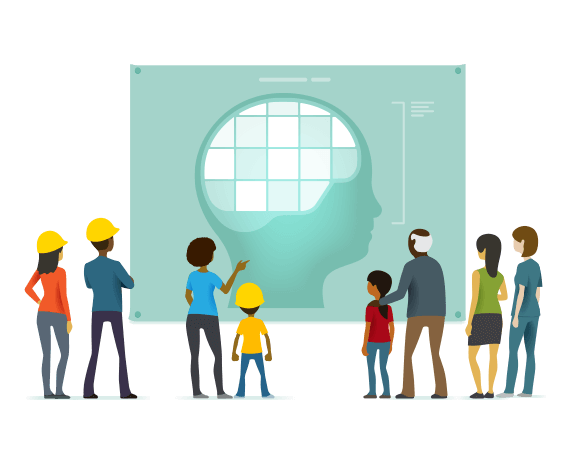
The Brain Story is a story about how experiences shape our brains. As such, it is also a story about human relationships, because we depend on those around us for the experiences that build our brain architecture.
As a community, when we identify how and when to support children and families in the course of development, we can change how the story unfolds so that all of us, regardless of background and life circumstances, have the chance to lead happier, healthier lives, build stronger communities, and reduce risk for mental health problems, including addiction.
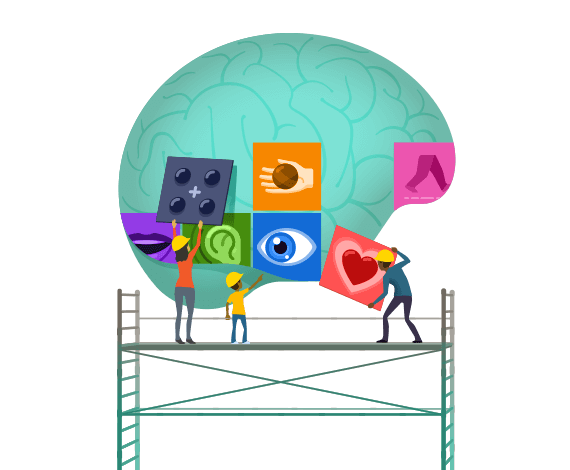
Although genes play a role in how our brains develop, recent science shows how life experiences, in the first years of our lives and at other sensitive periods of development, change the architecture of the developing brain—for better or for worse.
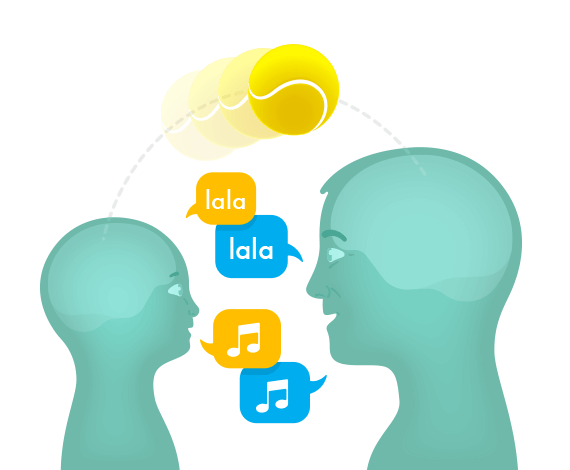
Positive interactions, called “serve and return” interactions by scientists, involve back and forth play between children and caregivers. These experiences build strong brain architecture, creating a solid foundation for learning, behaviour, and health.
When a person is under stress, the body releases hormones to prepare it for “fight or flight.” Some stress is positive, but if a young child’s stress response is elevated too high and for too long, it has toxic effects on the architecture of the developing brain. Young children who experience toxic stress are at a much higher risk for later physical and mental illness, including addiction.
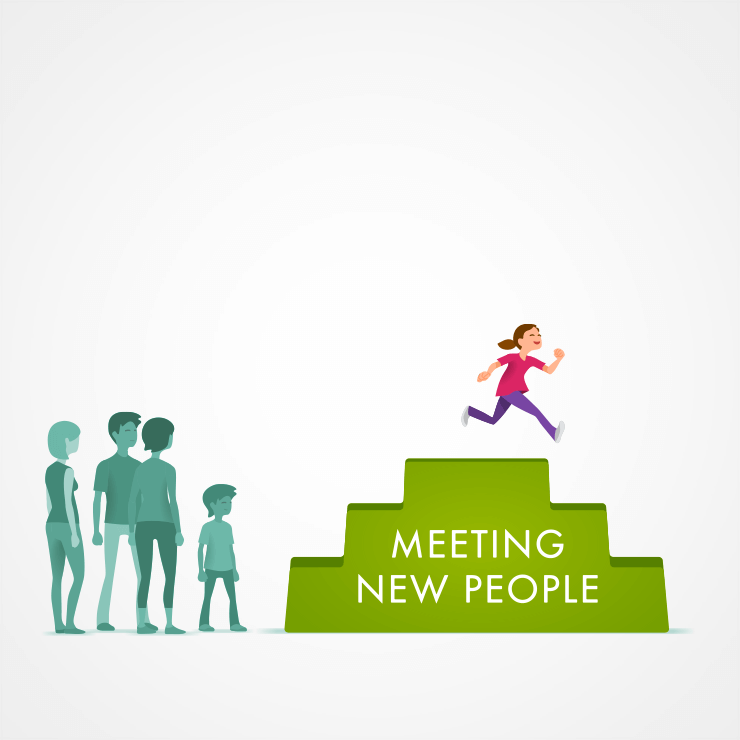
Not all stress is bad. With adult support, experiences like meeting new people or starting the first day of school are healthy because they help prepare young brains and bodies for future challenges.
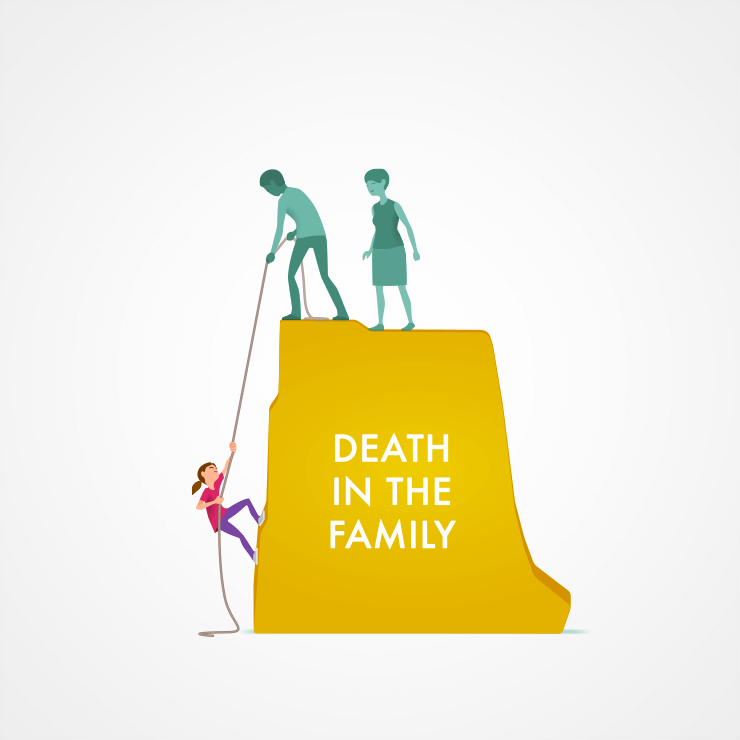
We can prevent traumatic events from causing toxic stress. If supportive adults work with the child to calm the stress response and teach coping skills, they can moderate the stress so it will not be toxic to the developing brain.
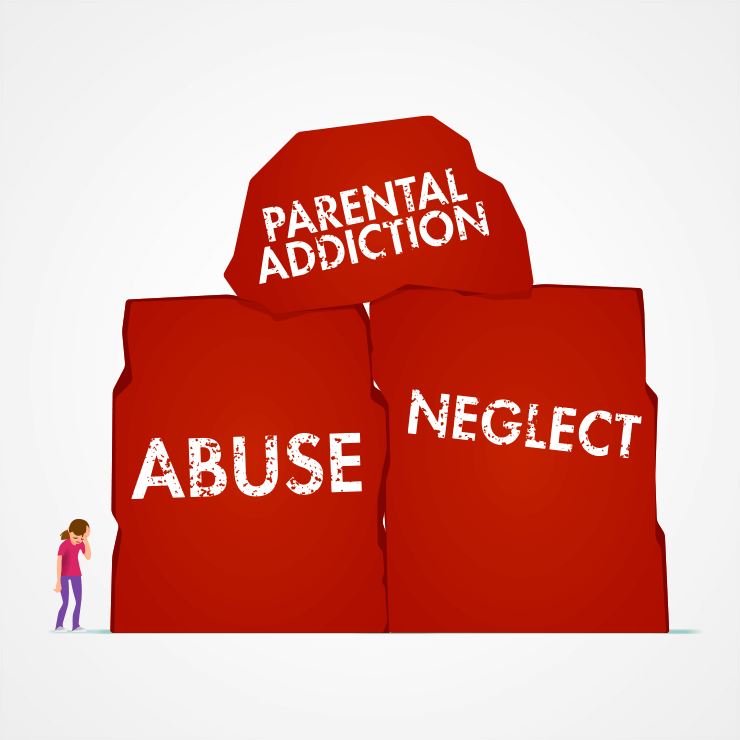
Stress turns toxic when it is severe and ongoing, such as in circumstances of abuse, neglect, or parental addiction. If no supportive adults are around to help a child calm the stress response and learn coping skills, harm may occur to brain architecture.
Broad interventions to remove the triggers of toxic stress are an important policy goal, but studies show that even in environments of adversity, a single attentive caregiver can work with a child to make stressful events tolerable for the developing brain.
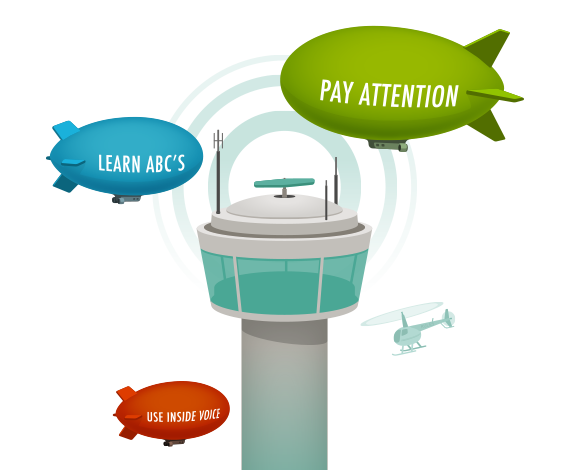
Another crucial component of strong brain architecture is the development of good air traffic control: the group of skills that helps a child regulate the flow of information, pay attention, plan ahead, and remember and follow rules. Without strong air traffic control skills, individuals face increased risk for developing an addiction later in life.
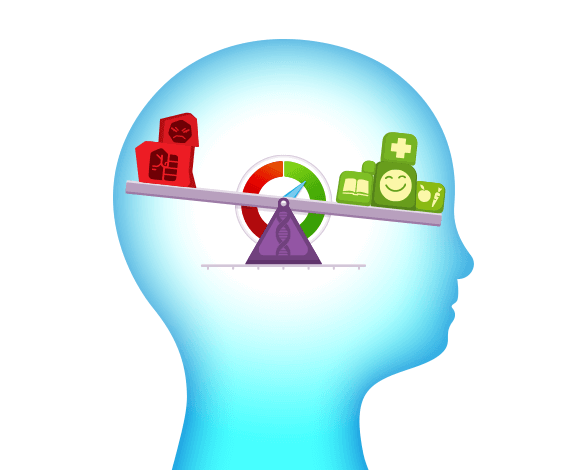
Resilience is a life outcome based on a combination of genetic traits and life experiences that combine to build brain architecture. An adult who bounces back from stressful life events is said to be resilient; a person who struggles with mental illness in the face of adversity is less resilient. To tip the balance toward good health and reduce the risk for mental illness, including addiction, we need to help all families build the foundations of resilience—the skills and abilities that allow us to adapt and stay healthy in the face of severe stress or hardship.
Managing the Effects of Toxic Stress
Adults and adolescents who experienced toxic stress in childhood are at increased risk for physical and mental illness, including addiction.
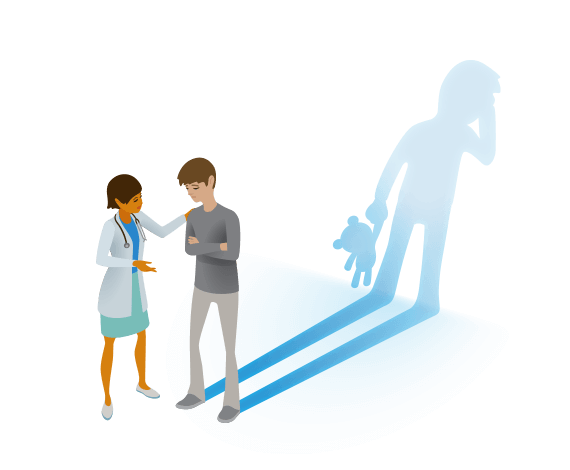
Adverse childhood experiences (ACEs) are another name for toxic stress. Kaiser Permanente and the Centers for Disease Control and Prevention have developed an ACE questionnaire for doctors to review with patients. The questionnaire helps uncover the number of ACEs a person has experienced in childhood.
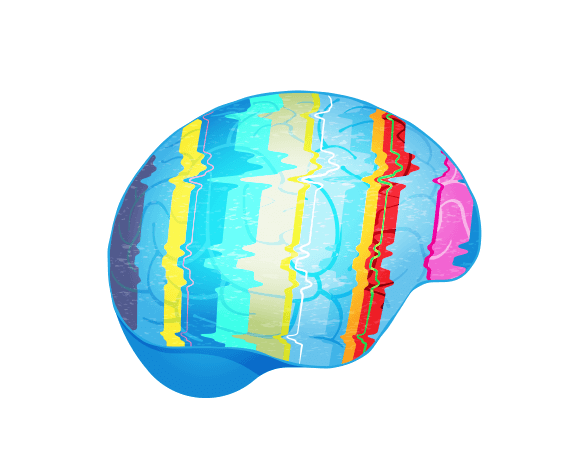
Addiction is a complex disease involving genetic factors as well as changes to the brain caused by life experiences. These changes, often occurring in childhood and adolescence, include altered functioning of the reward and motivation systems and air traffic control systems. A person with an addiction compulsively pursues addictive substances or behaviours in spite of the potential for harm. It appears there are two categories of addiction, both involving altered function of the same brain systems. They are:
|
Substance-related Addictions
|
Behavioural Or Process Addictions
|
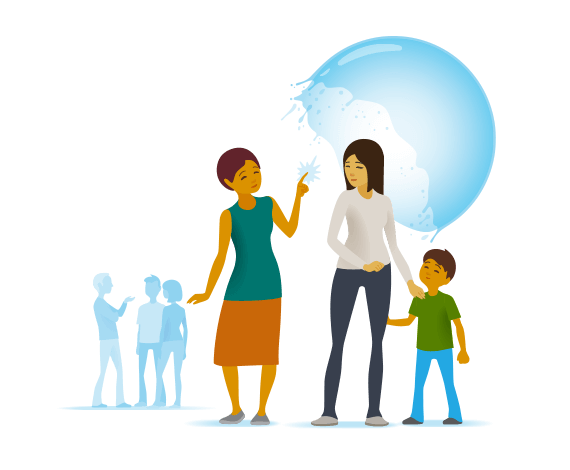
To counteract the underlying changes to brain architecture that are associated with an addiction, research shows a number of factors that can lead to high success rates. They include comprehensive care overseen by qualified professionals (ensuring treatment of co-morbid factors such as anxiety or depression that may accompany an addiction and complicate recovery). A chronic-disease management model addresses the recurring nature of addiction, while a continuum of care ensures co-ordinated care across a wide range of settings, from primary care, to community-based interventions, to intensive or long-term in-patient care. Family-centred care provides support to other members of the family (children and adults) to assist recovery and to prevent the intergenerational transfer of addiction and other mental illnesses.
Improving Outcomes for All
None of us can build strong brain architecture on our own. By working together, we can support all families to foster better health and wellness across the lifespan.
View the Brain Story ToolkitEarn certification in Brain Story science.
Brain Story Certification